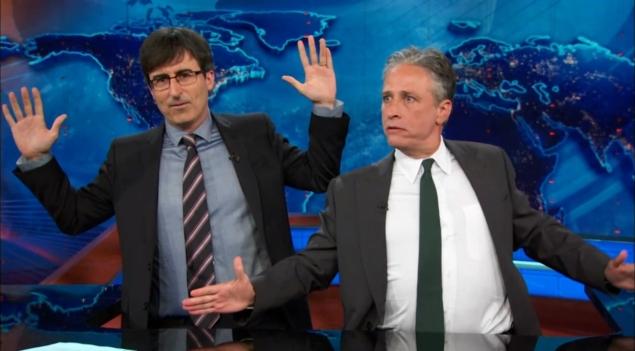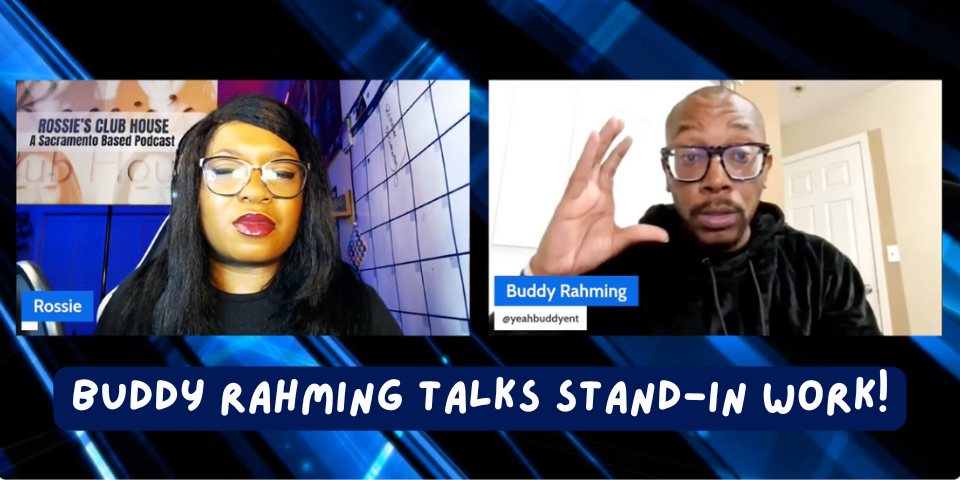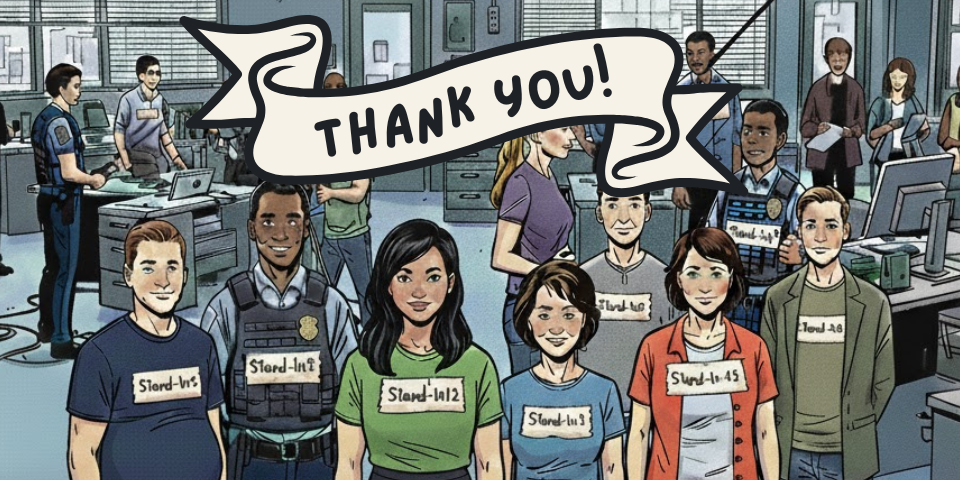Listening to the audiobook version of the recently published The Daily Show: An Oral History as Told by Jon Stewart, the Correspondents, Staff and Guests, I came across an interesting perspective on stand-ins.
In Chapter 18, the subject turns to the return of Daily Show host Jon Stewart from a hiatus to direct the film Rosewater. Stewart is talking about John Oliver, who was host pro tempore until Stewart returned. In a sense, John Oliver was Jon Stewart’s stand-in.
Here is what Stewart had to say about stand-ins:
Jon Stewart:
How shortsighted is it to let a guy stand in and not have him sign to a contract in the first place?
Interpretation
Now, admittedly, Stewart is not talking about behind-the-scenes stand-ins who never make it on camera — the type of stand-in which is the focus of Stand-In Central. Stewart is using the term “stand-in” in the sense of “a temporary replacement,” which Oliver was for Stewart.
In the quotation, Stewart is exasperated that Oliver’s success in his place could not be foreseen, nor could any awkwardness in returning Oliver to a lower-profile position on the show after such a rise. Stewart was fighting for Oliver and annoyed that an appropriate exit for Oliver from hosting could not have been constructed in advance.
What Do You Think?
When it comes to behind-the scenes stand-ins, does Stewart’s opinion apply?
For example, if you are a stand-in on a film, you are likely working at scale. You may be on for the entire production, but you are making no more than the stand-in who comes in to work for one day, making your talents and contributions seem equivalent. And you are likely hired daily as a day player, not on a weekly contract or for a contract spanning the entire production. Other than the collective bargaining agreement under which you work, you are unlikely to be working under a contract when you are a stand-in on a film.
Is it shortsighted of a production to keep a stand-in and not to sign that stand-in to a contract? Does a production run a risk of losing a valued stand-in if it doesn’t pay above scale for staying on or keeping the stand-in under a long-term contract?
These are some questions Stewart’s opinion stimulates when it comes to behind-the-scenes stand-ins.
Should productions compensate their long-term stand-ins above scale? Should stand-ins be offered contracts to stay on? Share your thoughts below!
Discover more from Stand-In Central
Subscribe to get the latest posts sent to your email.





Leave A Comment